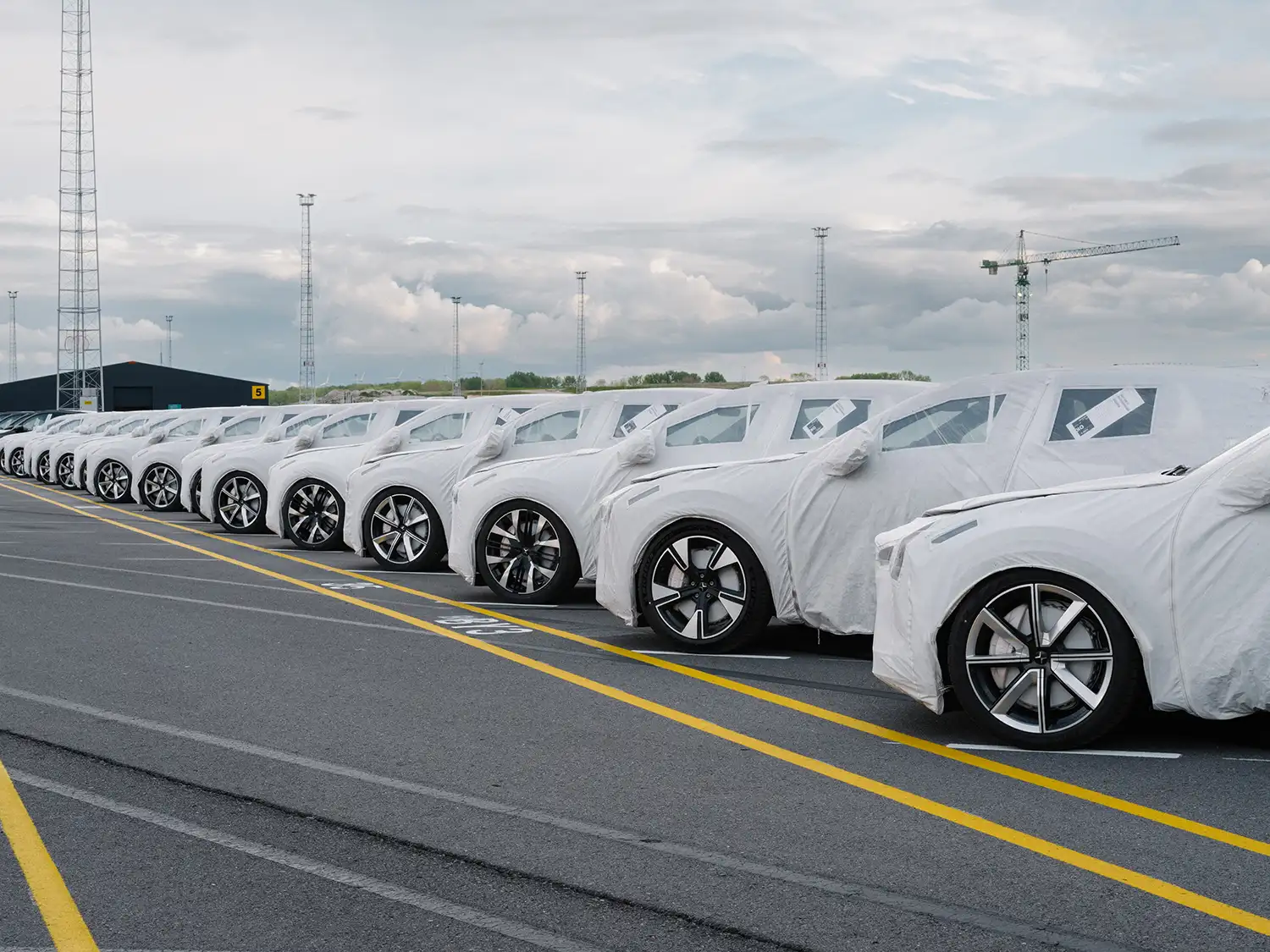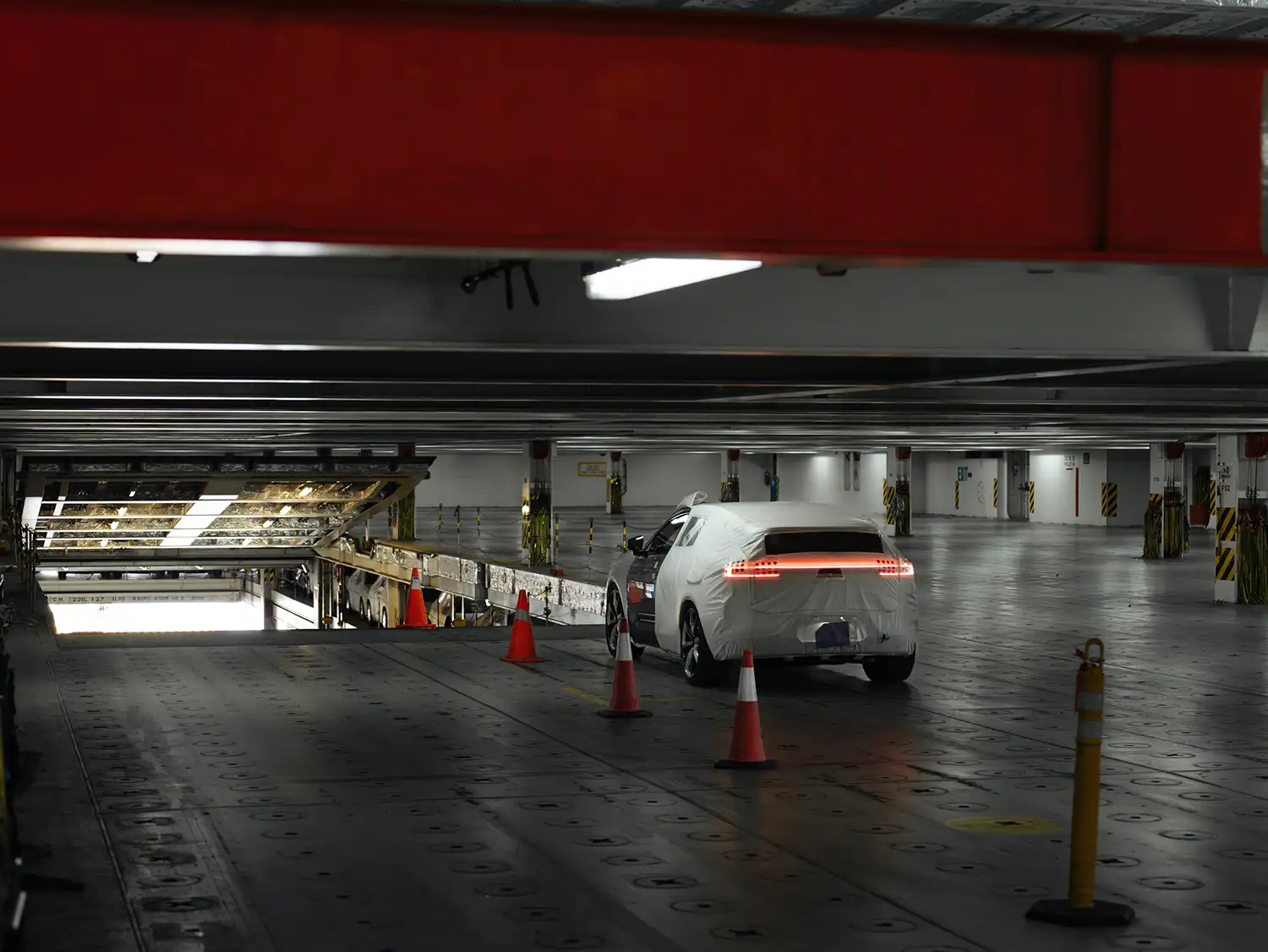
Polestar (Nasdaq: PSNY) continues its commitment to sustainability by reducing supply chain emissions through the integration of renewable fuels in its ocean freight routes, which account for approximately 75% of its total transportation emissions. This strategic move aligns with Polestar’s ambitious goal of achieving climate neutrality by 2040.
Renewable Fuels for Ocean Freight
Polestar will initially use renewable fuels for about 65% of the outbound ocean freight of vehicles produced in Asia, bound for its Vehicle Processing Center (VPC) in Zeebrugge, Belgium. Plans are in place to extend this initiative to freight routes from North America in the latter half of the year, coinciding with the ramp-up of Polestar 3 production in South Carolina. The renewable fuel of choice is B30 Biofuel, containing 30% Fatty Acid Methyl Esters (FAME), which can reduce emissions by 20-25% compared to conventional Sulphur fuel oils.
Decarbonizing Inbound Freight
Polestar has also made significant strides in decarbonizing its inter-continental inbound ocean freight for production materials and spare parts distribution, now running on 100% FAME fuel. This switch has led to an 84% reduction in greenhouse gas emissions compared to fossil fuels. The FAME fuel used is derived from renewable sources, including waste cooking oil, and excludes feedstock related to palm oil production.
Sustainable Operations in Belgium
Polestar’s VPC in Belgium, a critical hub for finishing and preparing vehicles for European customers, now operates entirely on renewable electricity. This facility charges vehicles with renewable energy, ensuring that sustainability is maintained throughout the preparation process.
Leadership Perspective
Jonas Engström, Head of Operations at Polestar, emphasized the importance of these initiatives, stating, “This is an important step in Polestar’s goal to reach climate neutrality by 2040. Becoming truly climate neutral means eliminating all greenhouse gas emissions across our operations, and all phases of our cars’ life cycles, including emissions from the supply chain.”
2023 Sustainability Report Highlights
Polestar’s recently published Sustainability Report for 2023 reveals a 9% reduction in greenhouse gas emissions per sold car compared to 2022, demonstrating the company’s ability to decouple growth from increased emissions.
As Polestar expands its model line-up and manufacturing footprint, the focus on sustainable logistics solutions becomes increasingly critical. These efforts mark substantial progress in Polestar’s journey towards comprehensive climate neutrality, reflecting its leadership in the transition to sustainable transportation.
Source: Polestar
This Article use tools from Chatgpt
